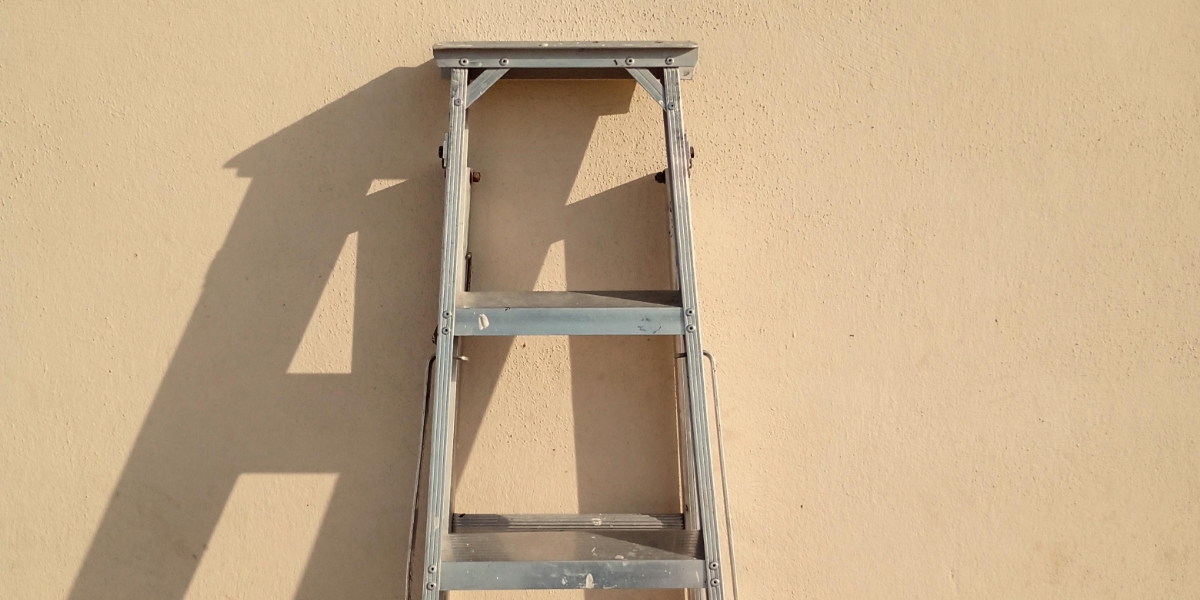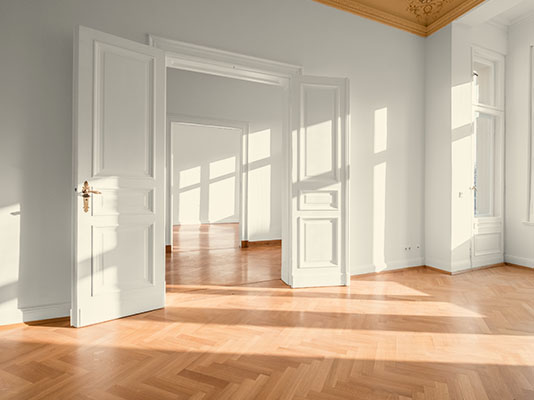Interested in buying your first house? The Home Buyers’ Plan (HBP) lets you use your RRSP, tax-free, to do so. But how does it work and what are the conditions? Find out what it's all about below.
How to make your home reno worth it
Updates and upgrades can often add thousands of dollars to the value of your home on the resale market. But not all renovations are created equal.

Thinking about a reno to improve your home’s resale value? Some renovations can make a house more attractive to buyers. But others are too personal or specific to boost the selling price. Or they cost more than they add to your home’s value.
William MacDonald is founder and principal designer at WillMac Design. He recalls a client who insisted on red cabinets in a kitchen renovation. “It cost them $100,000 for the cabinets,” he says. “They put in this red kitchen – and their house took almost a year to sell.”
So, will that nice new smart fridge or those granite countertops in your kitchen benefit your bottom line?
Renovations to kitchens and bathrooms can be good investments. The Ontario Securities Commission’s Get Smarter About Money site lists the cost-recovery score for common renovations. You may not be able to guarantee which will be the gotta-have-it features when it comes time to sell. Styles change and personal taste varies. But you can manage the amount you spend on a renovation. That way, you’ll improve your chances of breaking even or coming out ahead.
These five insider tips can help:
1. Spend time in your home before renovating
You’ve probably seen those television shows where new homeowners barely have the keys before demolishing the drywall. Michael Schmidt is area director and chief inspector for the award-winning firm, HouseMaster Home Inspections in Toronto. He says it’s better to take your time before you start a reno. “I usually suggest six months,” he says. “That way, you get to learn how you live in the house and what can and can’t be changed.”
Liz Leake and her husband, Allan, recently renovated the kitchen in their 1970s Mississauga home. That was after living in the dysfunctional space for 25 years. Over that time, the two avid cooks often discussed ideas for their “dream kitchen.” But the timing for the project never seemed right. However, the pandemic gave them the motivational push they needed. “With both of us working at home, we spent much more time preparing meals,” Liz says. “We were always colliding. The kitchen didn’t have enough counter space or storage. It and was cut off from the rest of the house. We knew what we wanted, and the timing for a renovation seemed perfect.”
2. Set your budget for a home renovation
You may find yourself swooning over a fancy fridge or clawfoot tub without knowing whether you can afford it. This is why it’s important to draw up a budget, including a cushion for cost-overruns, before you start shopping. Between magazines, television and show homes, there are countless upgrades to tempt homeowners, MacDonald notes. Before you start renovating, take a step back to ensure you have both the budget and the space.
- Take charge of your money. Try this budget calculator to help you manage your spending.
While you’re at it, look for help from the federal, provincial or even city government for energy-saving renovations. Sometimes, money is available to help cover the cost of items such as high-efficiency windows or setback thermostats.
Other renovations, like waterproofing your basement or installing a sump pump, protect your home. The savings there come from preventing damage due to flooding or rising water.
You’ll also want to research homes nearby to see how much other sellers are getting after similar renovations. Traditionally, real estate sites only showed the asking price, not the sale price. Now, though, you can see selling prices on sites such as zoocasa.com and, in British Columbia, Alberta and Ontario, housesigma.com.
While you’re still planning, it’s a good idea to figure out where the money will come from. A tax-free savings account is an excellent place to save. With investments like mutual funds, you have the potential for higher investment growth than a traditional savings account. And you won’t have to pay tax on that growth.
3. Buy the best you can afford
Saving money on a renovation doesn’t have to mean buying the cheapest item on the shelf. In fact, MacDonald advises clients to look for appliances and decor that will last for decades. That way, they can reap the benefits for years instead of having to make frequent repairs and replacements.
4. DIY your home reno when you can
If you’re handy, you can save money by taking – at least partly – the do-it-yourself route. “We knew what we did and did not want to spend money on,” Liz Leake says. “Our appliances were in good condition, so we kept them. We searched for the best prices on flooring, backsplash tiles, and lighting. We handled the priming and painting ourselves, but left the rest of the work to the general contractors. Even with a pandemic-driven shortage of building supplies, the project came in on time and within budget.”
5. Keep major renovations neutral
Do you want some colour in your renovations? MacDonald suggests keeping it to the elements that are easy to change, such as wall colours. “I advise people to err on the side of caution when it comes to hard pieces like countertops,” he says. “Keep them neutral, balanced and easy to work with. If you want to change a wall colour, cupboard door handles or curtains in the kitchen, you can. That's a lot easier than ripping out countertops and the backsplash.”
Of course, if you’re living in your forever home, decorate it however you want. Go for the red cabinets! But if you’re planning to sell your home in a few years, be a bit more forward-thinking and neutral. It can pay off later on. You want to end up with a great selling price and a solid return on your investment.
This article is meant to provide general information only. Sun Life Assurance Company of Canada does not provide legal, accounting, taxation, or other professional advice. Please seek advice from a qualified professional, including a thorough examination of your specific legal, accounting and tax situation.


